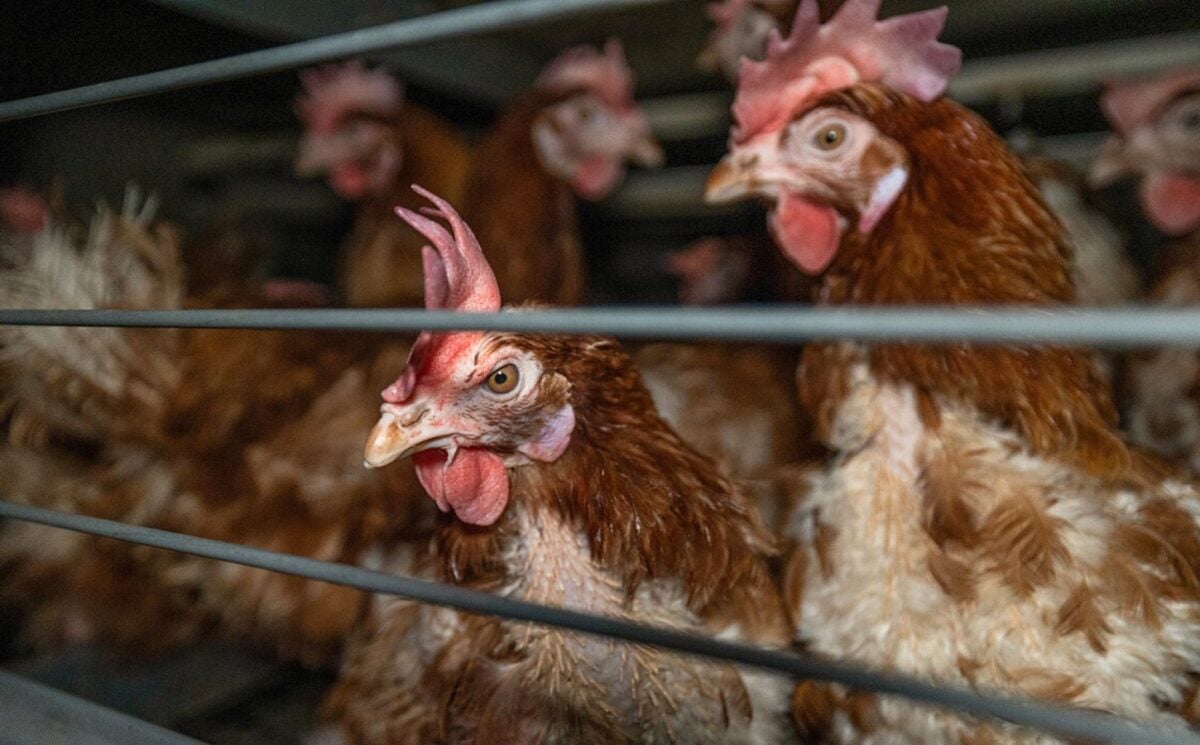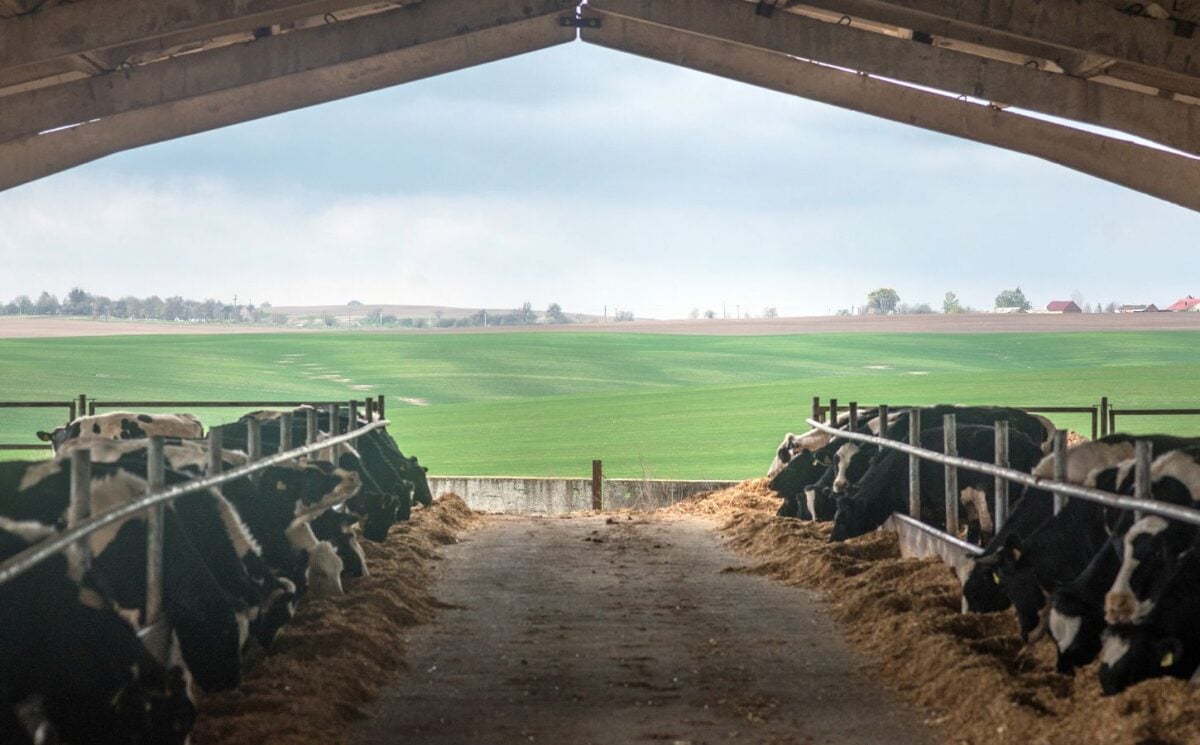A UN roadmap to tackle food systems emissions has once again come under fire for omitting meat reduction from its proposals.
Read more: EU Making Animal Diets ‘Artificially Cheap’ With Subsidies, Report Finds
An international group of academic experts has described the omission as “concerning” in a commentary in Nature. The UN Food and Agriculture Organization (FAO) published the roadmap during the COP28 Climate Summit in December 2023. It lays out how to achieve zero hunger without breaching 1.5°C of global temperature rise.
“The FAO roadmap neglects one of the most obvious and urgent interventions to reduce emissions from the food system: shifting away from the production and consumption of animal-sourced foods,” the authors write.
The roadmap has already received criticism from environmental organizations for urging an intensification of animal farming to make it more efficient.
Ignoring a key solution
The FAO roadmap acknowledges the climate impact of animal agriculture and that diets “absolutely must” change “for human and planetary health.” To address this, it sets a goal of a 25 percent reduction in methane emissions from the sector by 2030 compared to 2020. But it doesn’t “offer measures or milestones for lowering production and consumption of animal-sourced foods,” the academics write in the commentary.
Read more: Meat Industry Fights To Use ‘Alternative Metric’ To Measure Methane Emissions
This is despite the mounting evidence that a shift to plant-based diets, particularly in wealthy countries, is a key way to bring down global emissions.
The commentary also criticizes the roadmap for “dismissing plant-based meats as “hav[ing] nutritional deficiencies” without providing any evidence to support this claim.”
One Health

The roadmap does encourage a reduction in the production of meat from large ruminant animals – mainly cows – which cause the majority of emissions in animal agriculture. But it recommends replacing them with chickens instead, along with the intensification of animal farming.
Read more: Denmark Unveils ‘Groundbreaking’ Roadmap Towards Plant-Based Food
The commentary warns that such a move would come with a range of other negative impacts on the environment and human health. These include a potentially big increase in the risk of antimicrobial resistance and the emergence of zoonotic diseases such as bird flu.
The authors argue that the FAO’s focus on intensification of animal agriculture means it fails to consider how plant-based diets also entail “public health and sustainability co-benefits.”
They support a “One Health” approach, which addresses the health and welfare of humans, animals, and the environment holistically. The roadmap does not mention One Health, despite the FAO being part of a coalition of organizations advocating the approach.
Lack of transparency
The commentary highlights other problems with the roadmap. These include no explanation of how proposed actions were selected, nor a list of authors and reviewers or what review process was used.
The need for transparency in this regard is clear. In 2023, former FAO officials claimed that senior figures in the organization had censored and undermined them for reporting on the climate impact of animal agriculture. Some blamed lobbying of the FAO by powerful meat producers.
As the FAO roadmap is the first of three instalments, the commentary calls for the subsequent ones to be more upfront about how the reports are produced, and who is writing them.






